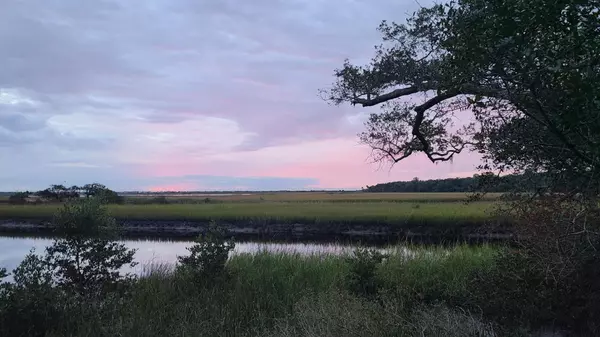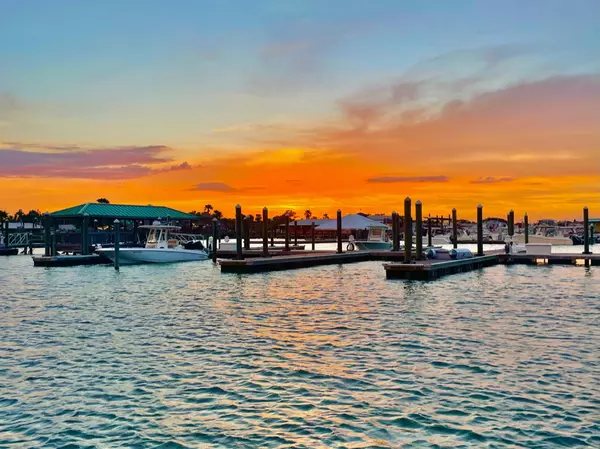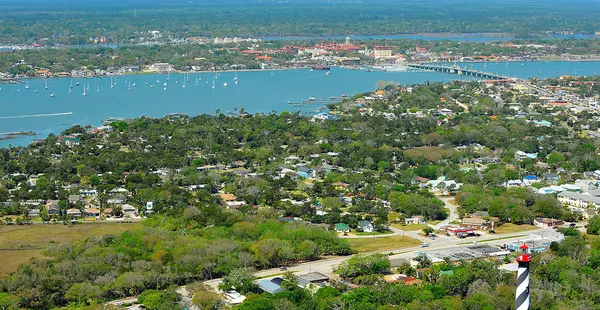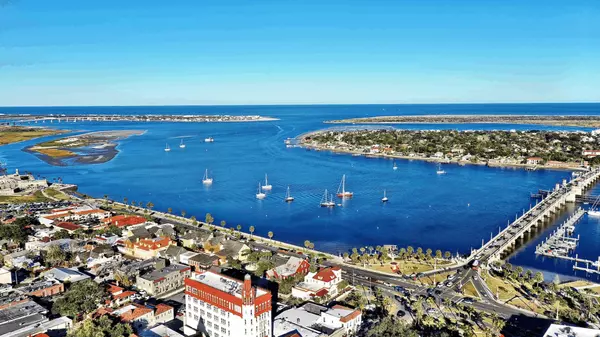Discovering Butler Beach: Frank B. Butler's Legacy in St. Augustine
Found along the picturesque coastline of St. Augustine, Florida, Butler Beach stands as a testament to the enduring legacy of its namesake, Frank B. Butler, a visionary African American entrepreneur and civil rights advocate. This serene stretch of sand and surf, rich in history and cultural significance, offers more than just a beach getaway; it represents a pivotal chapter in the story of African American heritage in Northeast Florida.
The Visionary: Frank B. Butler
Frank B. Butler was a prominent figure in St. Augustine's African American community, regarded as a pioneering real estate developer and businessman. After moving to St. Augustine in the early 1900s, Butler worked in the local fish market and as a butcher in Snyder’s Market. In 1914, Butler opened his own market in Lincolnville called the Palace Market. The Palace Market was a success and enabled Butler to have capital to purchase lots in Lincolnville a year later to use as business investments and to subsequently open a real estate office in 1924. In 1925, Butler formed the College Park Realty Company, which created the College Park Subdivision in what is now the southwest corner of King Street and Holmes Blvd. In 1927, Butler began purchasing land on Anastasia Island. Butler's entrepreneurial spirit and dedication to social justice led him to develop the property. His vision was clear: to create a beachfront haven where African Americans could enjoy the beauty of Florida's coastline, free from the constraints of segregation that marred much of the United States at the time.
Butler Beach: A Haven of Equality and Beauty
Location and Development: Butler Beach is located just south of St. Augustine Beach, stretching along the Atlantic coast. Following World War II, Frank B. Butler developed the property into a resort for African Americans so they could enjoy the beach and the Intracoastal Waterway. This was the only African American resort between Daytona Beach and Fernandina Beach. His efforts ensured that African American families could enjoy the same seaside pleasures that were otherwise denied to them during segregation. Shore boating, fishing, picnics and cookouts were enjoyed on the Matanzas River. There was a large pavilion, concession stand and accommodations at Butler’s Beach Inn. Other businesses soon developed and individuals bought lots for homes. Years later, the Beach Inn was sold and the property developed into condominiums. Butler also sold part of the property to the State of Florida for development of a state park for African Americans.
Preservation and Legacy: After Butler died in 1973, the park that was sold to the State declined without his continual lobbying for support. In 1980, the State gave the park to St. Johns County with the stipulation it be named “Frank B. Butler County Park,” which continues to be a monument in honor of Frank B. Butler’s legacy. Today, Frank B. Butler County Park is split between an “east” park and “west park.” The east park is directly on the beach with public dune crossovers and parking. The west park offers access to the Intracoastal Waterway via a public boat ramp along with cookout and picnic areas.
Cultural and Historical Significance: Beyond its natural beauty, Butler Beach serves as a symbol of resilience and progress. It is a tangible representation of Butler's commitment to equality and community empowerment. Throughout its history, Butler Beach has been a gathering place for family reunions, social events, and civil rights meetings, embedding itself deeply in the cultural fabric of St. Augustine's African American community. Efforts by the local community and historians ensure that the story of Butler's contributions and the beach's significance remain alive for future generations.
The Impact of Frank B. Butler's Legacy
Frank B. Butler's contributions extend beyond the creation of a beach resort. His legacy is a beacon of entrepreneurial spirit, community leadership, and the fight for civil rights. Butler Beach's existence challenged the norms of its time, offering a space where African Americans could experience leisure and freedom amidst the harsh realities of segregation.
Entrepreneurial Spirit: Butler's work as a real estate developer and businessman showcases the potential for entrepreneurship to drive social change. His ability to envision and create a space like Butler Beach during a time of widespread discrimination is a testament to his innovative and resilient spirit.
Community Leadership: Butler's efforts in developing Butler Beach also highlight the importance of community leadership. He not only provided a recreational space for African Americans, but also contributed to the economic and social upliftment of the community in St. Augustine.
Civil Rights Advocacy: The creation and existence of Butler Beach during the segregation era serve as a powerful example of civil rights advocacy through action. Butler's dedication to equality and justice contributed to the broader struggle for civil rights in America, making Butler Beach a landmark of African American heritage and activism.
Butler Beach is more than just a scenic destination; it is a monument to Frank B. Butler's remarkable legacy in St. Augustine. Through his vision and determination, Butler not only created a space for recreation and relaxation for African Americans during a time of profound inequality, but also left an indelible mark on the history of civil rights and community development. I highly recommend reading the book “Franklin B. Butler” by Barbara Walch to learn more about how and why Frank Butler came to St. Augustine, his entrepreneurship and business endeavors in Lincolnville, and the incredible things he did for the African American community.
Categories
Recent Posts











